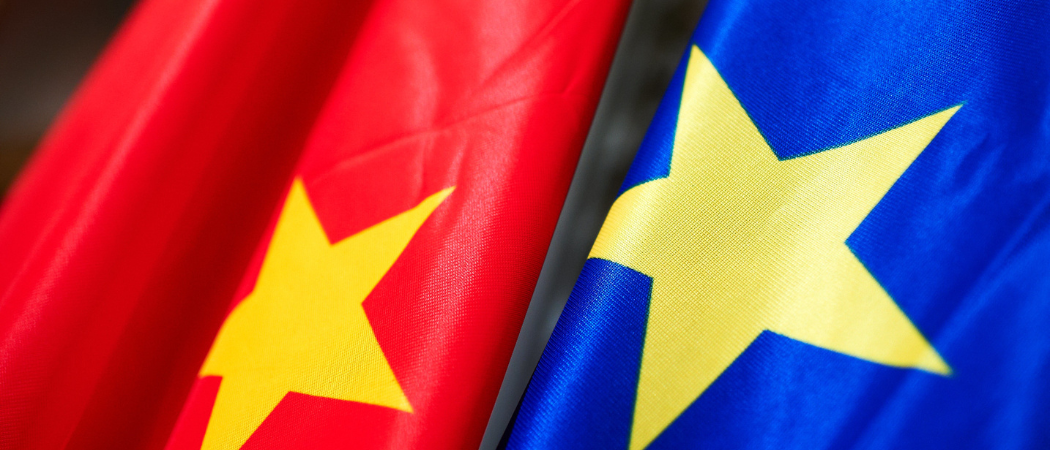Progress has been made on research, but not on issues such as reciprocal IP rights, standards and access to government procurement

Photo credits: Friends of Europe / Flickr
Brussels and Beijing are still deadlocked over a mooted joint roadmap that sets down the terms for science and technology cooperation.
Last week, officials from the European Commission and China’s Ministry of Science and Technology sat down in Brussels for the first face-to-face meeting since 2018.
This steering committee is trying to hammer out new rules of the road for collaboration. One of the biggest issues has been EU concerns that its companies don’t have a level playing field when operating in China, for example in intellectual property rights, access to government procurement, standards, and conformity assessment.
Some advances have been made, according to a Commission report of the meeting. “In the past year substantial progress has been achieved on the framework conditions linked to research cooperation,” it said.
A Commission spokesperson confirmed that an “agreement on paper” has been reached for research in areas including open science, research ethics, researcher mobility, and gender equality.
But the innovation file still appears stalled. “Joint advancements on the framework conditions linked to innovation are still needed,” the statement said.
“Technical discussions continue on framework conditions related to innovation, where a lack of progress persists,” the spokesperson confirmed.
“In order to build a research and innovation ecosystem where the EU and China can cooperate in a levelled and reciprocal way, in full respect of R&I [research and innovation] values, we need to reach an agreement and effective implementation of all the framework conditions included in the roadmap.”
Research relations between Europe and China have cooled as European universities and governments have become much more cautious about the potential for leaking sensitive knowledge to Beijing, or cooperating on R&D with China’s military.
In Horizon Europe, cooperation has generally pivoted to environmentally-focused projects, rather than sensitive technology.
China is currently banned from participating in close-to-market innovation actions.
But collaboration is still ongoing in some areas. Under Horizon Europe, Brussels and Beijing have joint research initiatives focused on food, agriculture, and biosolutions, and climate change and biodiversity.
“Both sides then evaluated the progress made so far […] and reflected on the ways in which this work may potentially be continued in the future,” said the report.
The two sides are still both involved in the Mission Innovation initiative, a global R&D push for green energy, it said. Delegates “reflected on how to successfully enhance the training of researchers and their mobility in both directions.”
The meeting report also revealed that the EU asked “the Chinese side to clarify the way their data security regime will be implemented and what impact this will have on cross border data sharing.”
In 2021, Beijing introduced a Data Security Law which has made life harder for foreign companies based in China, as “important” data may need security clearance before being sent out of the country. Researchers have also been made more uncertain in their international collaborations by the law.





 A unique international forum for public research organisations and companies to connect their external engagement with strategic interests around their R&D system.
A unique international forum for public research organisations and companies to connect their external engagement with strategic interests around their R&D system.